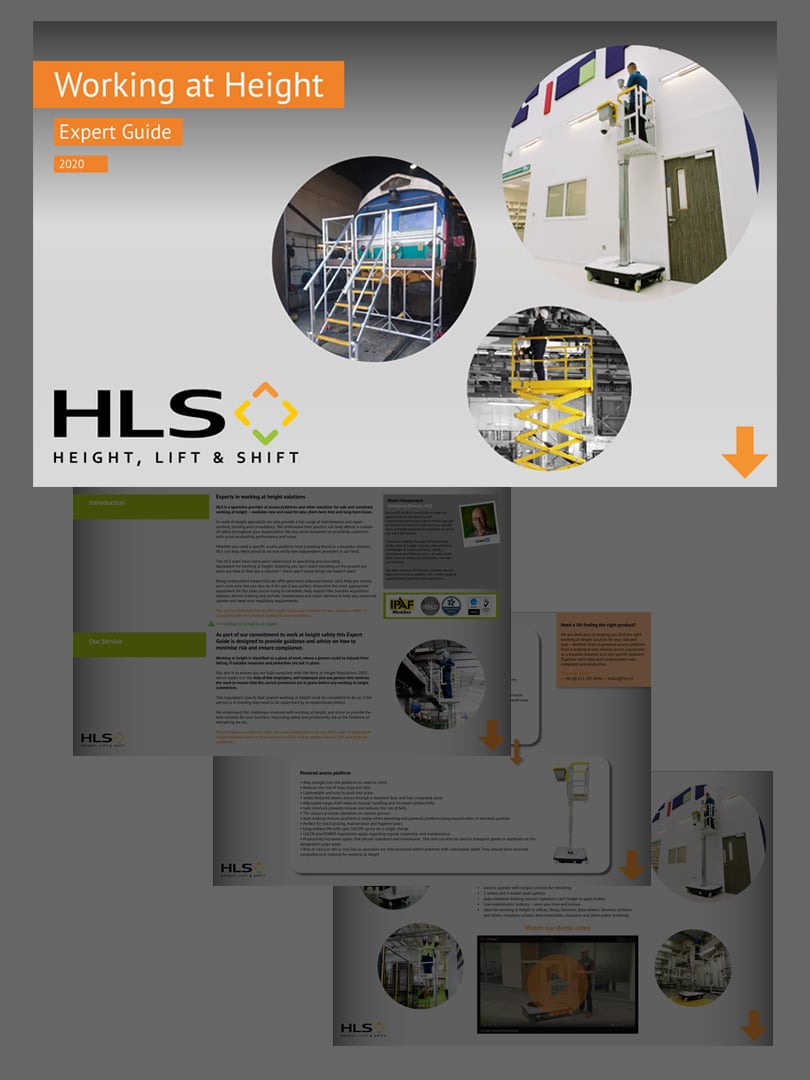The UK HSE recently fined a company £18,000 for breaching the Health & Safety at Work Act in relation to poor working at height practices and a resulting incident that left two men unconscious, burned, and hospitalised. We take a look at what that £18k actually cost this business.
The UK HSE has recently published news of a company Director that it fined under the Health & Safety at Work Act (1974). The incident that led to the prosecution involved the Director and one of his temporary workers being lifted in the bucket of a telehandler to reach a repair job. Unfortunately for both men they got too close to power lines and were both shocked and knocked unconscious, luckily they landed in the bucket and did not fall out.
After recovering from his injuries the Director then faced investigation and subsequent prosecution from the HSE into the practices within his business. Already, lying in his hospital bed the costs his business are mounting:
- Loss of productivity - £xxxx
- Inability to fulfil immediate orders - £xxxx
- Insurance costs increase - £xxxx
- Cost to inspect and make any repairs to the telehandler - £xxxx
- Management time of this Director and others within the business to facilitate HSE investigation - £xxxx
- Loss of reputation / lost orders - £xxxx
The company concerned is in the dairy industry, it is well documented in the news at the minute that the dairy industry is having its margins squeezed and is struggling as a consequence. Maybe companies believe that using the equipment they already have to complete jobs for which it is not intended is a way to cut costs and ride out the storm. But the costs of an incident are punitive, and indeed probably amount to far more than the tangible cost of the fine.
Historically businesses have taken the "hidden" costs of industrial accidents to represent four times the visible, or tangible cost (see Simonds' 1951 article in the Harvard Business Review), using this very crude measure the cost to this business of this one accident is approaching £100,000! In an industry struggling with tight margins this will take a long time to recover.
The numbers by themselves make a good argument for addressing work at height properly and ensuring the safety of all expected to carry it out. This without even addressing the potential psychological impact on those involved, and those who witness the accident.
Companies looking for help determining the best way of completing work at height have plenty of resources at their disposal, from the HSE WAIT toolkit (just Google it), to independent Health & Safety Consultants (see the IOSH or NEBOSH websites), to companies such as our own who will often offer no-obligation, free site survey services to help specify safe and cost-effective equipment.
It might be a lesson hard-learnt for this Director and his company, but it doesn't need to be for others in similar positions who can act before an accident puts their business in jeopardy.
This piece was put together with reference to a press release put out by the UK HSE you can access it here (http://press.hse.gov.uk/2015/farm-director-gets-fine-after-dangerous-work-at-height/).
For guidance on the use of telehandlers for lifting people check out our earlier piece on the PM28 guidelines here.





.png)